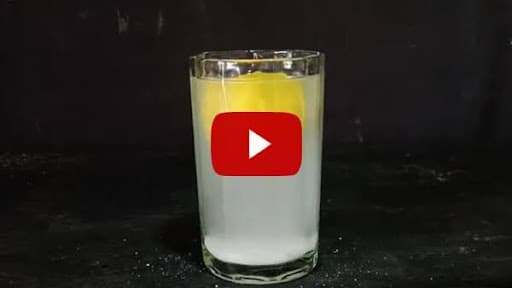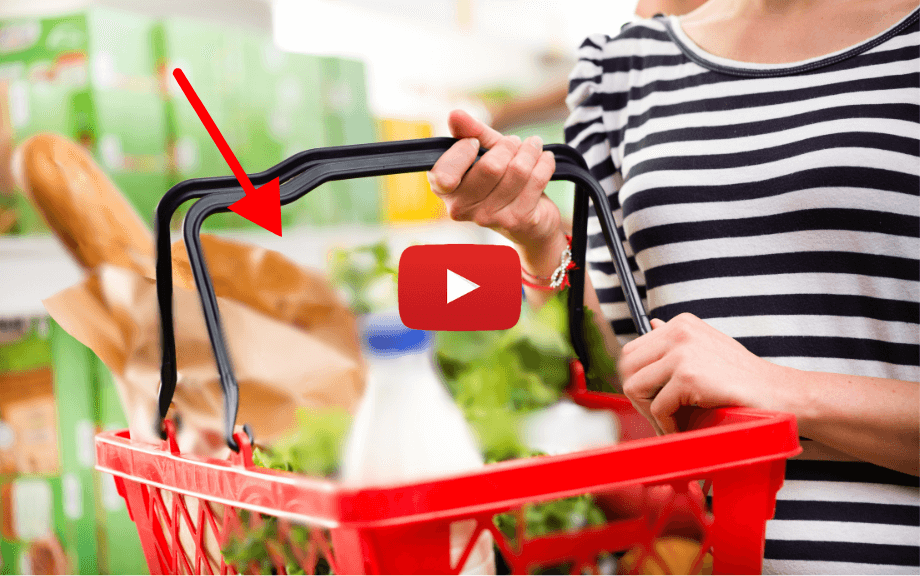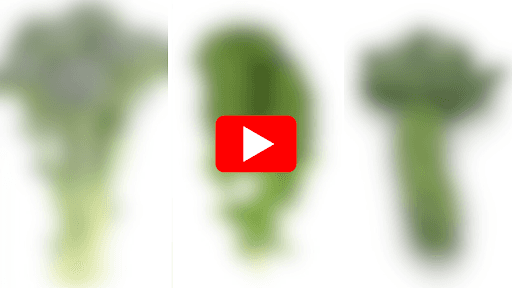6 Vegetables That Are ESPECIALLY DANGEROUS If You Have Chronic Kidney Disease
For individuals battling chronic kidney disease (CKD), not every vegetable is a healthy choice. Surprisingly, some of the most beloved and seemingly nutritious veggies like potatoes, lettuce, and carrots could be subtly undermining kidney health due to their specific compounds. Studies show that high levels of potassium, phosphorus, nitrates, and other substances in certain foods could be detrimental to those with impared renal function.
While widely consumed for their nutrients, potatoes naturally contain solanine, especially in green or sprouting ones. Solanine may acutely impair CKD by damaging kidneys as a result of exacerbating oxidative stress and inflammation, risking as much as a 30% decline in kidney functioning over time.
To mitigate risks, vigilance is key. Examine potatoes for green spots or sprouts as indicators of solanine presence—signaling a need to moderate their intake, particularly for those sensitive due to compromised renal health.
Though often praised for its health benefits, lettuce harbors significant nitrate risks, especially when commercially cultivated using high nitrogen fertilizers. These nitrates can metabolize into harmful nitroso compounds, contributing to CKD.
Regular consumption of niemarily high nitrate lettuce may eventually precipitate chronic kidney stress, falling hard on renal health and increasing the risk of deterioration.
Asparagus, although celebrated for its flavor and health perks, poses concern due to asparagine high alimentation, which can overgenerate ammonia. An oversupply may exacerbate inflammation, developing nephrotoxicity which is harsh for kidney functioning.
Well-known for their benefits, carrots nonetheless inflict damage in CKD patients by excessive carotenoid intake, leading to hyper-carotenemia and risks such as oxalate crystal formation that could precipitate kidney stones.
Modulation of carrot intake is crucial. Reducing exceeding amounts curtails prone formation of kidney stones and assists in safeguarding renal efficiency long term.
Rich in nutrition and iron, this vegetable ingrains an oxalate concentration potential for generating troubling kidney stones and oppressive renal accuracy loss following their construction into oxalate crystals.
Future CKD risk could lessen simply by measures in limiting spinach servings within safe oxalate quota boundaries.
Beets ornate color belies their high potassium footprint burdening those prone to CKD. Swelling potassium influences high reasons accountably threatening renal fatiguing stability and hyperkalemia risks entailing consequential healpersonalies considerable effort to disease surveillance.
Recognizing how hyper jižálw impacts on CKD contributors allows pre-meditated adjusting down of vitamin levels thus presentation respectfully protecting kidney integrity product integrally forms
From Around The Web
Wellness Inbox is a blog & weekly newsletter that curates trending news and products related to health and wellness from around the web. We also gather content from various sources, including leading health professionals, and deliver it directly to you.
Please note that we may receive compensation if you purchase any products featured in our newsletter. Wellness Inbox is not affiliated with, nor does it endorse, any health professionals whose content may appear in our newsletter. The information provided is for general informational purposes only and should not be considered medical advice.
The information provided is not intended to replace professional medical advice, diagnosis, or treatment. All content, including text, graphics, images, and information available is for general informational purposes only. We do not guarantee the accuracy or completeness of any information presented and assume no liability for any errors or omissions. The content is subject to change without notice. We encourage you to verify any information with other reliable sources and consult your physician regarding any medical conditions or treatments.






